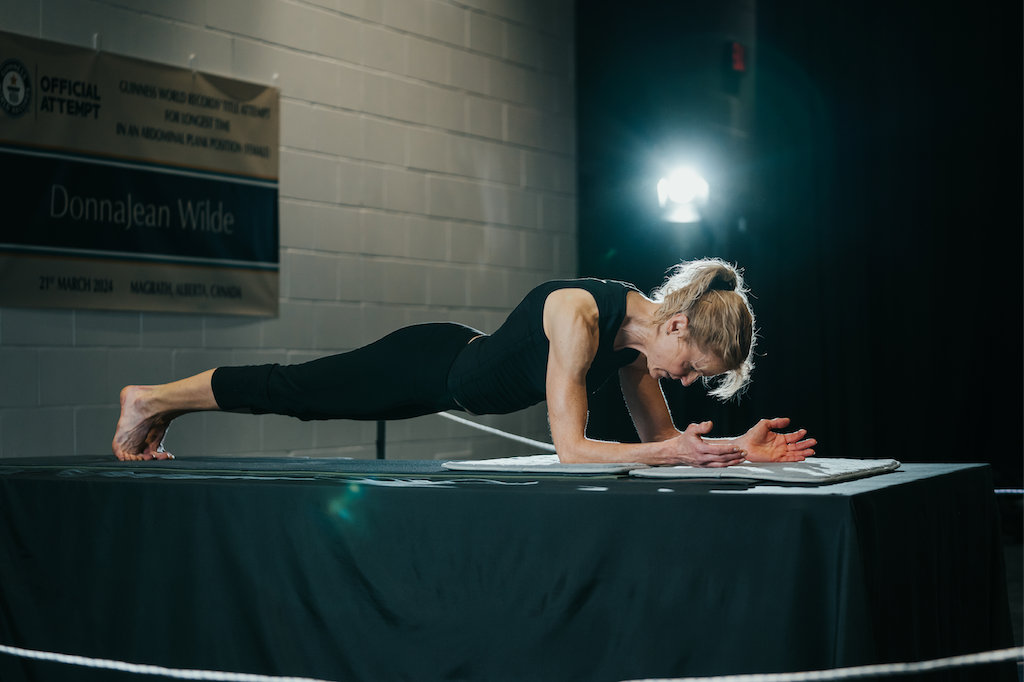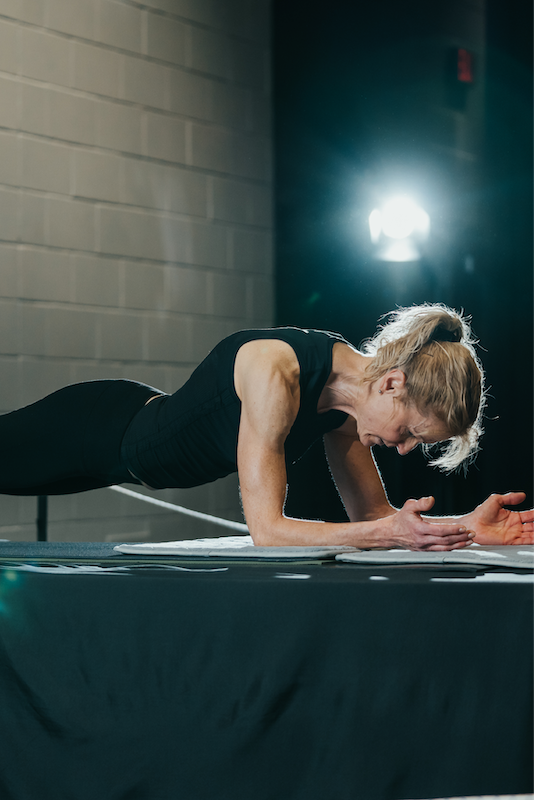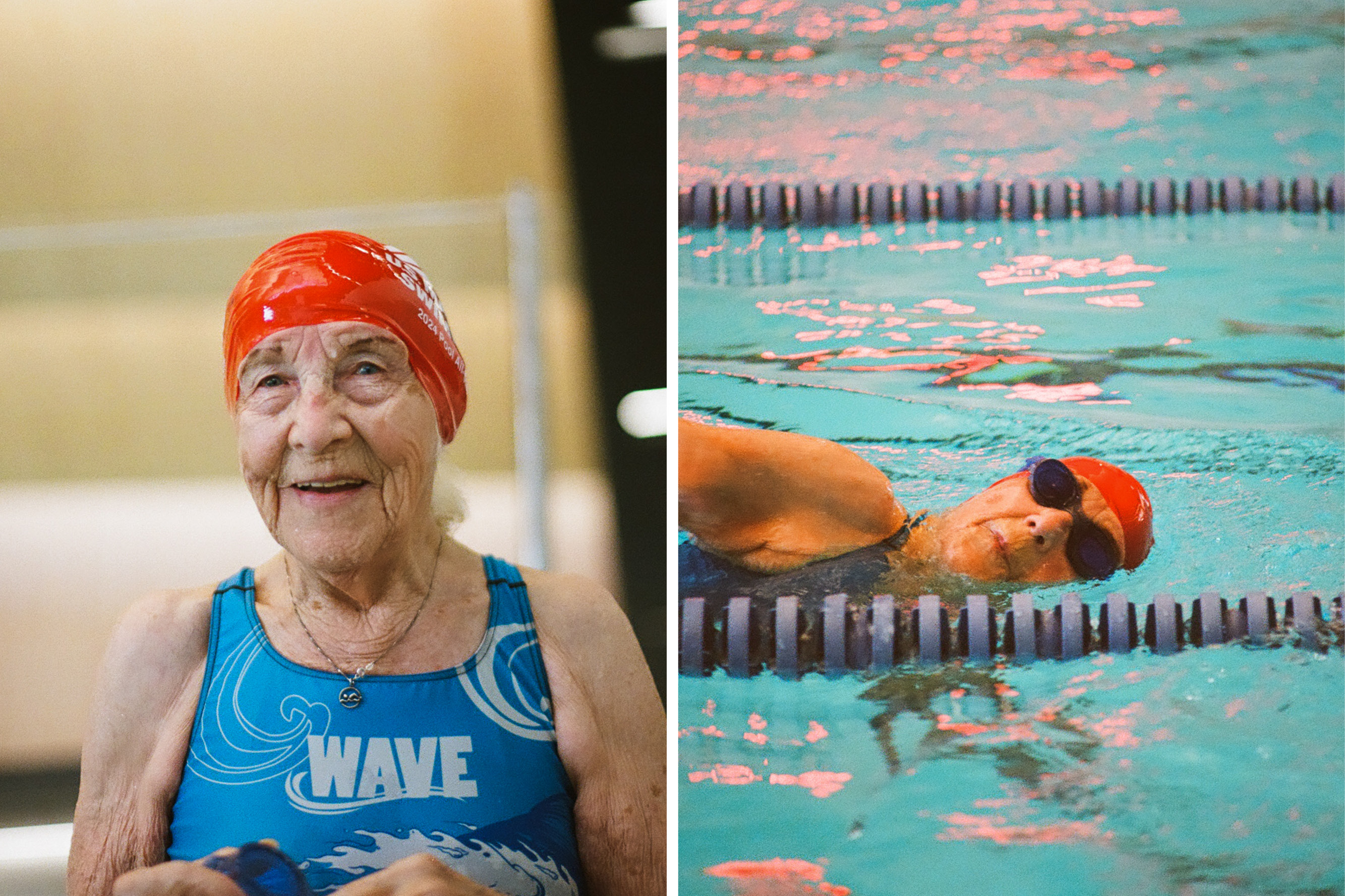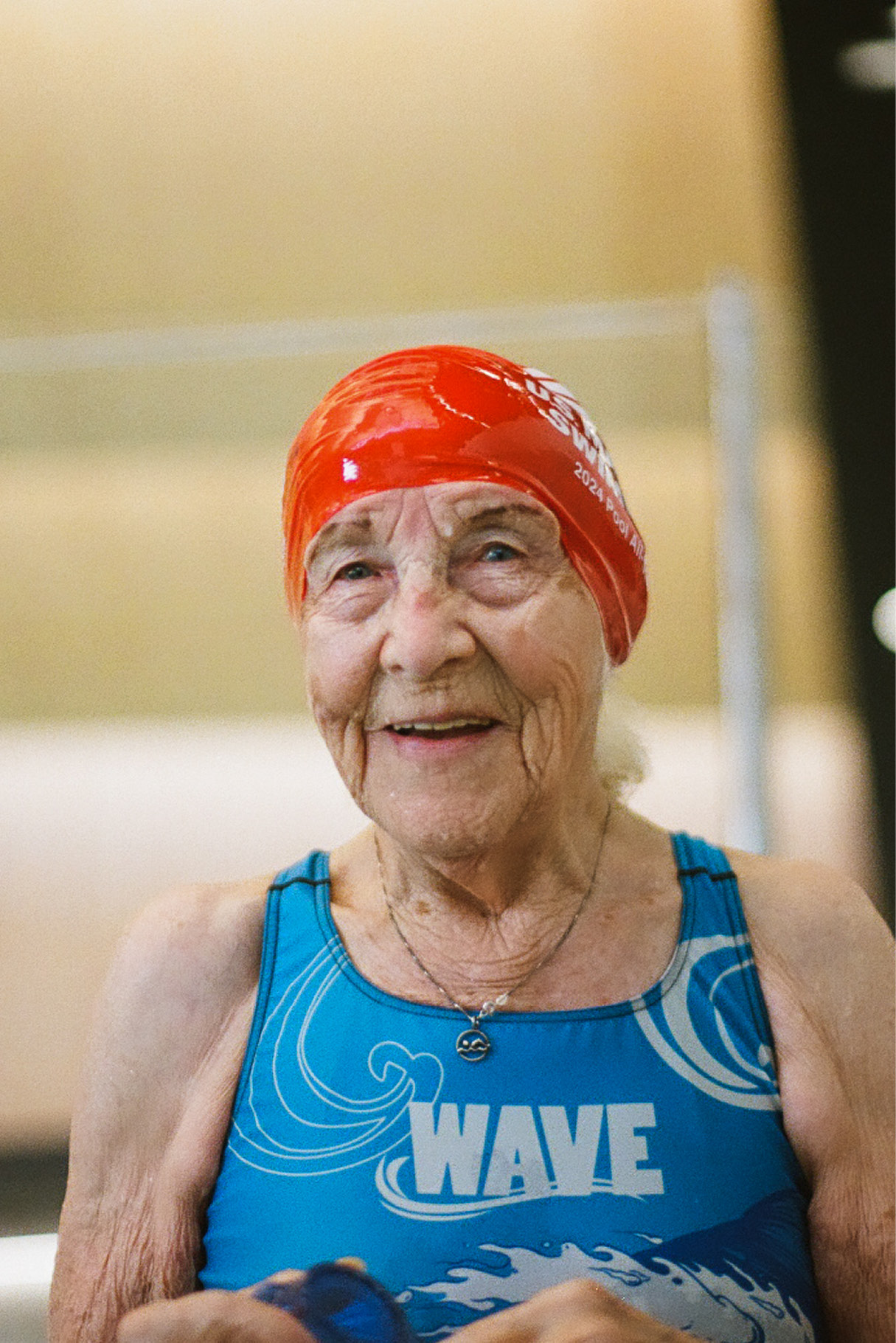The big change. Reverse puberty. Ovarian retirement. Not exactly a topic I ever anticipated having any experience with at the ripe young age of 43. How can I cover the wide and wild topic of menopause in one tidy story?
My journey of change, grief, and growth began with a miscarriage (actually three). Well maybe it began earlier, with a commitment to letting motherhood and my career change me. Never did I think that life would give me so much information to help others better understand their own bodies and navigate their own changes with grace and grit. This is a story of letting changes break us open. This is a story of change and of power.
My mother often spoke about her menopause, but it was succinct: “My period ended at 37 and that was that”. Back then, there was little importance placed on studying the female body—still true, but it’s changing. It’s fair to say that I wasn’t well informed or adequately prepared for my own journey to begin, and at pretty much the exact same age hers did. Although things always change, some genetic predispositions don’t.
I didn’t ever want to change. I wanted to be in charge. So I started teaching yoga in Vancouver, BC. I was 28 and had lived a fun 6 years in Whistler, completed a degree in Environmental and Resource Management, had a strong intuition, and a lot of rage. Teaching made me face triggers and demons. I would spiral for days, fighting what surfaced and resisting the change that was inevitable. I kept showing up to teach in all my imperfect glory. I shared what I was learning–from my anger (in indirect ways), from leading teacher trainings, and then eventually from parenthood and life’s changes. I kept at it. I practiced being vulnerable. I made mistakes. But I still kept sharing, and slowly changed.
“This is a story of letting changes break us open. This is a story of change and of power.”
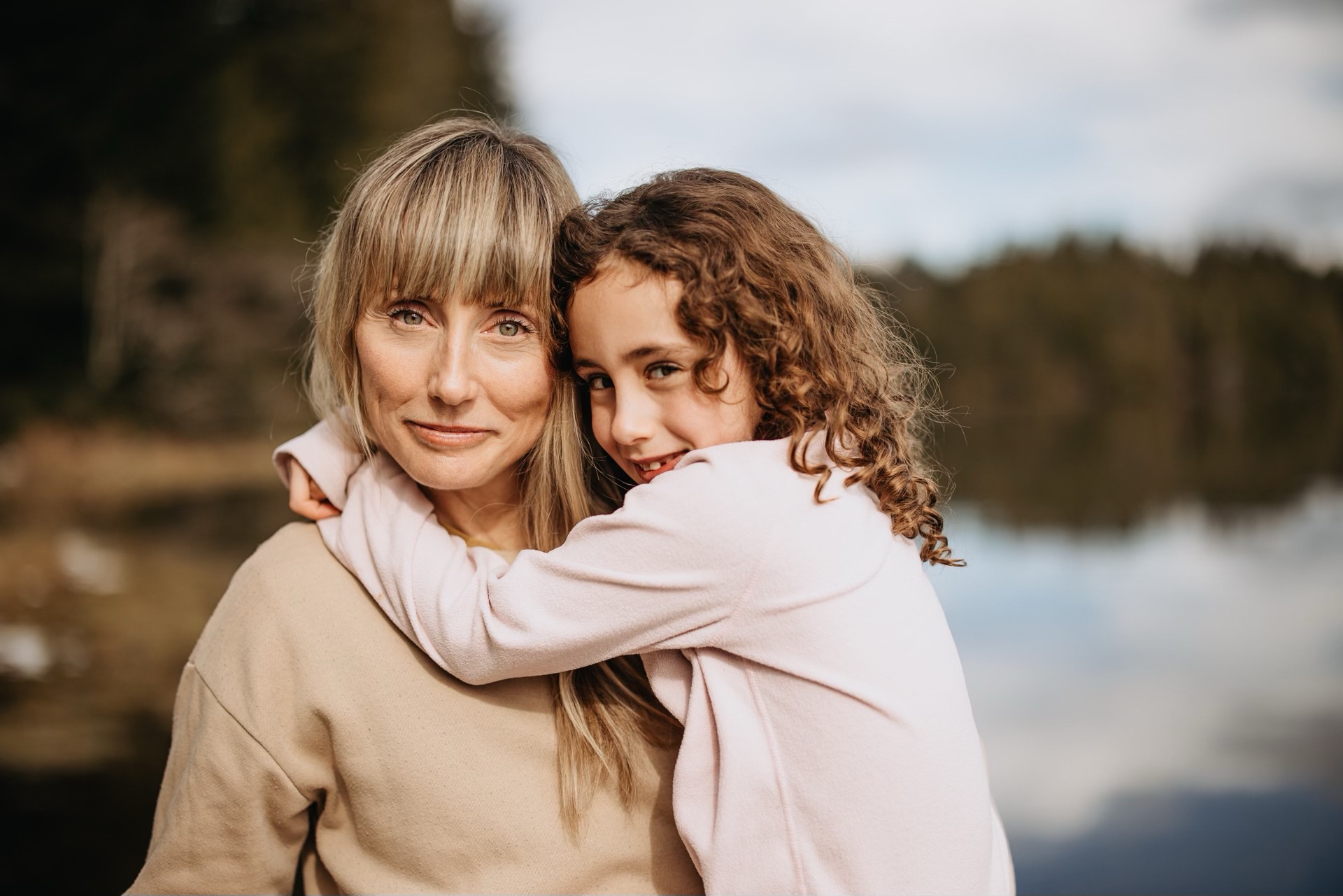
The last 15 years of teaching have altered my definition and practice of ‘yoga’ in every way imaginable. I have come to respect change. I know it’s the only thing that is true. I love that we change. But I don’t necessarily love the process. Does anyone?
Yoga was my initial gateway, and meditation was the medicine. A few years into teaching yoga and after processing some of my blocks, I was disheartened by the toxicity and patriarchy of the industry and sensed that my changing heart and mind needed something deeper. Thus grew my love for meditation and the power of quiet introspection—a tool that would serve me well in years to come as the waves of motherhood, grief, and menopause oscillated.
“Everything you’re doing is preparing you for this moment. All your practices are readying you for what’s next.”
Meditation taught me about softness. Softness was the balm that would open me up for change to flourish, old resentments to melt, and a new language to emerge. Because with every change we experience in life, a new language accompanies it. Western medicine, much of our world, and even the yoga industry itself all point to flashy tricks or fancy medicines as the cure for our discomfort with change. Mindfulness points the finger within, acknowledging change as a truth of life, and compassionate curiosity as the ally. I learned this language. Soft I became. Fierce love flowed.
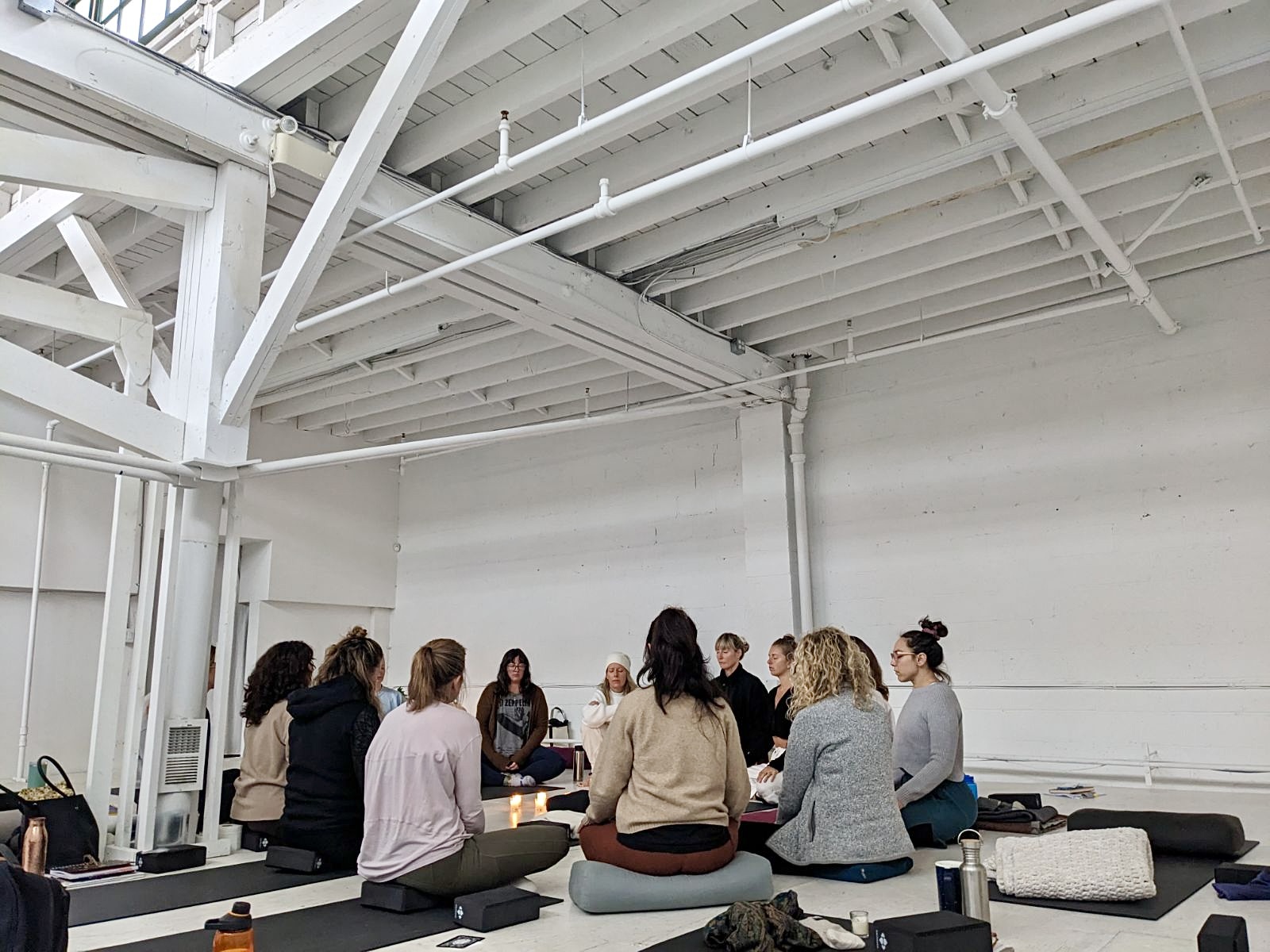
I was ready. My first therapist used to say: “Everything you’re doing is preparing you for this moment. All your practices are readying you for what’s next”. She said it during the entire pregnancy with my daughter Hana in 2016. My intention while shifting into motherhood was to soften—and ultimately become stronger—for the changes my daughter’s presence would imprint. I was ready. When, three years later, a miscarriage began while I was at a music festival with my dad, I remained steady. Then when a rare skin condition showed up at age 39, I was ready. With my dad’s unforeseen heart attack and death in 2020, I felt open and ready. When two more miscarriages hit, all the previous moments had prepared me for the ebb and flow of future waves. You see, my prep work has been years in the making. And the next chapter in my book of ‘ready or not’ seems to be perimenopause. You guessed it—I’m ready.
At 43, I’m learning that menopause—just like grief or love—is not a one time event that’s over and done with in the blink of an eye. Menopause is a winding story of change that requires attention and compassion. Just like grief, and just like growth, perimenopause and menopause unfold over years and decades. I have no idea how long or severe mine will be. There’s no telling, and it hits everyone differently. The signs of this monumental change are so variable that they are frequently mistaken with anxiety or phantom problems with our bodies.

“Menopause—just like grief or love—is not a one time event that’s over and done with in the blink of an eye. Menopause is a winding story of change that requires attention and compassion.”
I share my experiences with yoga and meditation in this tale of menopause because it lends to how I’ve dealt with this current manifestation of change. My rituals of breathing, focusing, and softening have prepared me. Years of therapy helped prepare me. Losing my dad and pregnancy loss prepared me, and have been profound teachers of change (as well as signs that menopause was on its way). But still, perimenopause surprised me.
It didn’t go how I’d been told. Rather than less monthly bleeding, I had 3 miscarriages between 2019 and 2021. Then I bled for 18 months straight. Then 7 months dry. Then back again. And it continues. A rare, autoimmune skin disorder with no source and no real cure (also with no danger to my life or health) began in 2019. The inconsistent sleep. Two weeks of amazing sleeps, then two weeks not. The rage. The bursts of insurmountable rage. And another surprise—the lack of sex drive. But no hot flashes (yet), so it was never flagged as perimenopause. The link is now resoundingly clear for me: hormonal changes. I did much of my own research and tracking to connect the dots for my doctor. Even after a few years, looking back at the path is surprising, and there are still many changing ups and downs. It’s neither a smooth nor consistent trek towards ‘the change’.
All of it is ‘the change’.
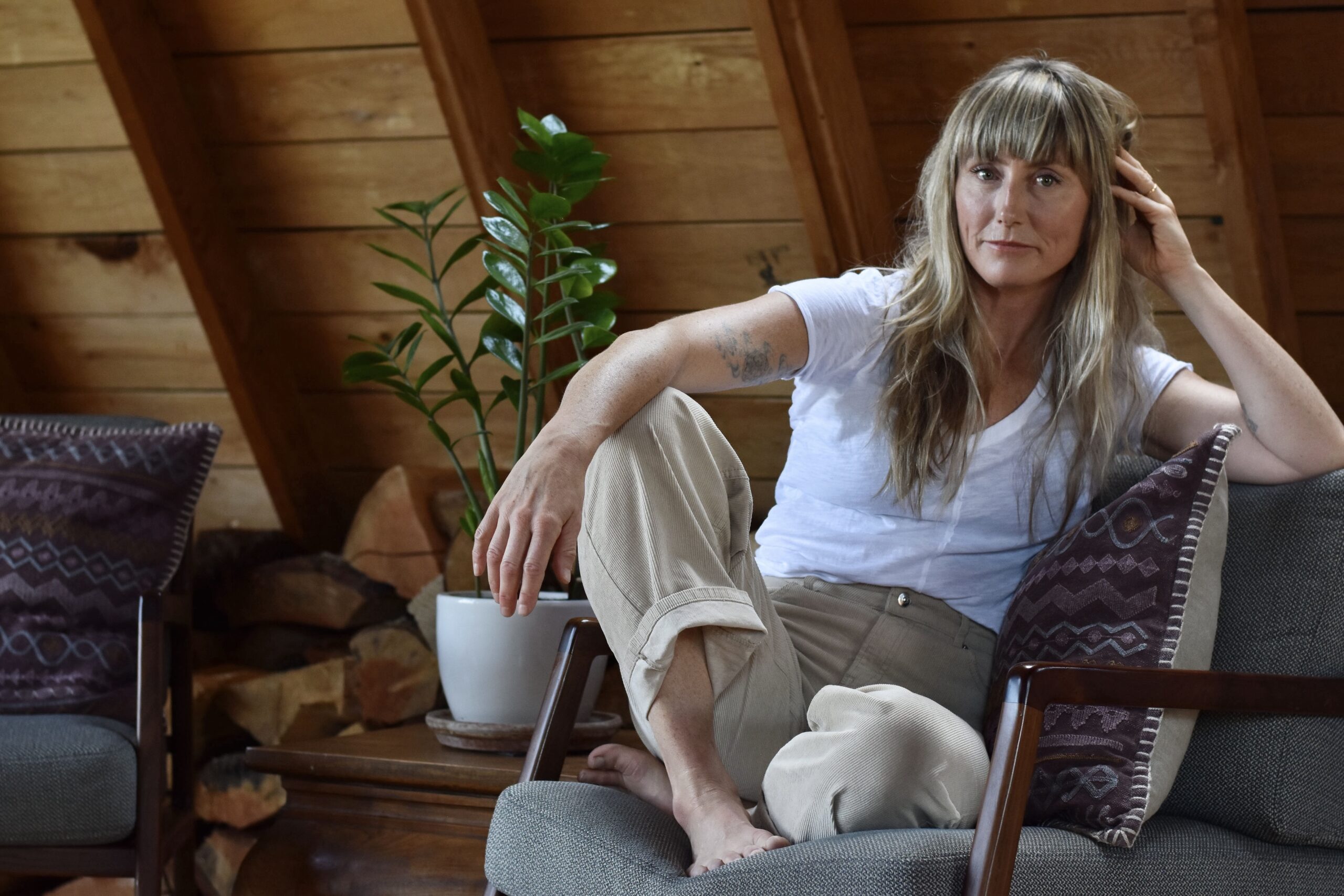
What helped with my increased awareness in tracking physical changes and hormones was my dad’s sudden death–a surprise heart attack. At first, the shock caused me to disconnect from my body for a while. I drowned in grief. And the shock of the pandemic. And the numbing from increased reliance on cannabis and alcohol. But one silver lining (aside from realizing that substance use just really isn’t for me anymore), was that I had many blood tests around this time due to a heart attack in the family. Getting the bloodwork and full hormone panel was something I wouldn’t have done otherwise. In the test I had then and more since, all signs point to perimenopause (no matter how casual my doctor has been about it).
These learnings, and the entire road of perimenopause, is hard. The unexpected uncoverings about my body are still an adjustment. I still get angry, with our medical system, and with the uncertainties of aging. I want to control it. I want more reassurance and more ease. There will always be surprises, and I will always have much grief to tend to. And all of this alongside the change of menopause. It won’t ever end. It will simply change.
Through discussion with many others, I’m learning that we need even more communication and more storytelling about how we each experience this change. The word menopause has an air of punctuation to it, like a blip in the story of life. For me, it was an afterthought—one that I wish I’d have thought about more thoroughly and been educated about more comprehensively. Many women spend a third of their lives with this ‘pause’ at their side. The more we discuss with one another, the more we can learn about how ongoing and unique the effects are—for relationships, fertility, sleep, moods, heart rate, brain function—and that they should not be an afterthought in the least. Women (or anyone who has or has had a uterus) can learn more by telling one another their stories.
To speak the language of change, that our body is always communicating with us, is power. To soften and listen beyond the outside voices of dismissal or promises is power. To be different and open to how our bodies change is power.
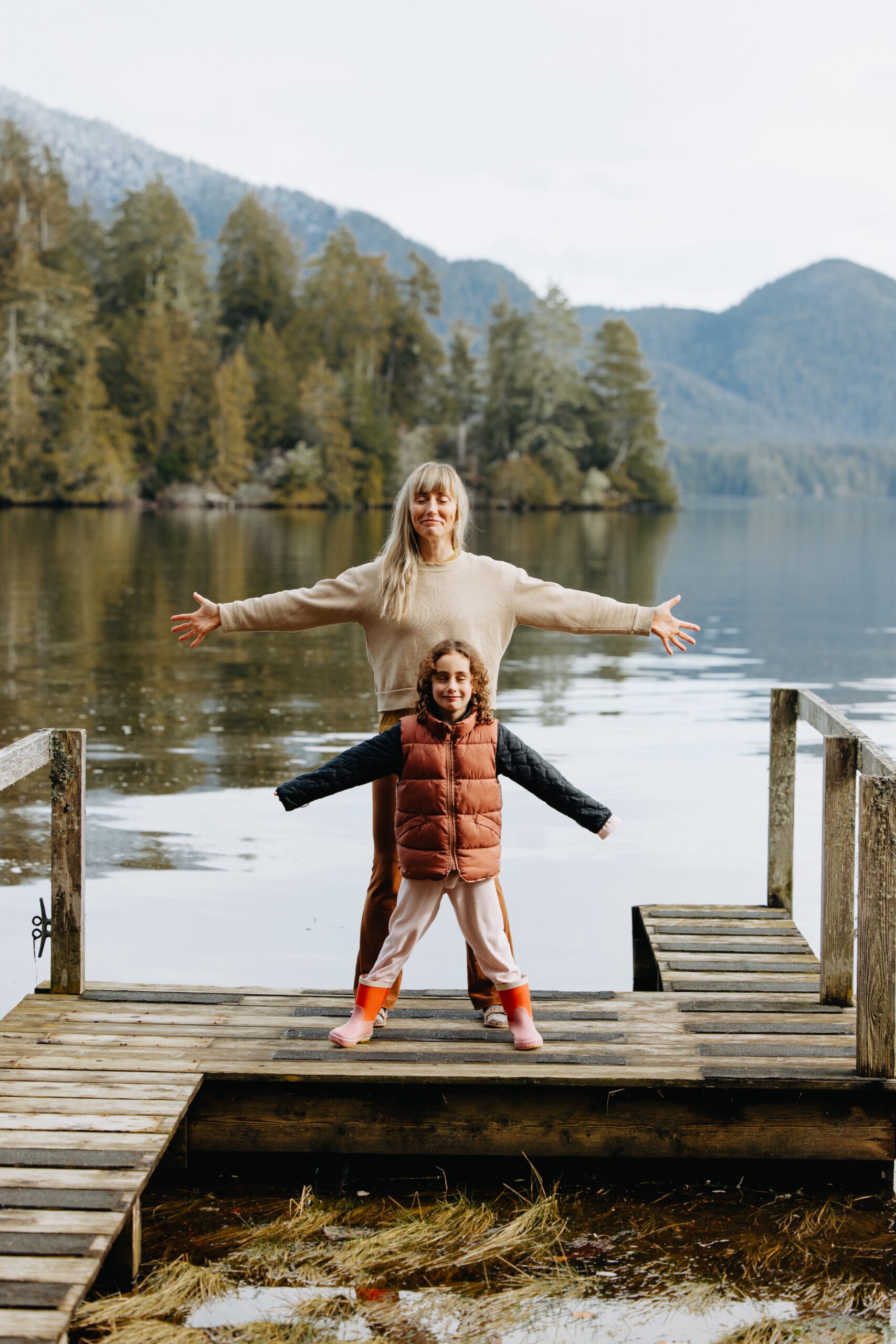
“To speak the language of change, that our body is always communicating with us, is power.”
Menopause is not something to fear. It’s not an old enemy, waiting in the shadows to strike and mess up your life. It is something to understand and befriend, because the change will happen whether we want it or not. Understanding that we have many tools to face the changes with grace and grit is the mindset. Welcoming it as a teacher is the way.
Everything is preparing you. This phase is a great teacher, as will be the next. Stay curious and compassionate. And you will be ready.
*
Now, some practical tips. Here are 10 things I wish I’d known before.
- Test early. Get a full hormone panel as early as possible so that you know your own ‘baseline’. I didn’t start testing until after my 2nd miscarriage and I was likely already in big hormonal changes.
- Talk to people. Sharing about your experience can offer reassurance and information.
- Talking to your doctor (or a naturopath!). Telling them what you need is ok.
- Do your own research. Podcasts, books, other opinions.
- Find out your mother’s journey. Yours might be quite similar too.
- Perimenopause does not mean only hot flashes and infrequent periods. Stop looking for these effects as telltale signs (although they might be yours). Also pay attention to new heart palpitations, headaches, sleep problems, sex drive, changing periods.
- Period underwear. After bleeding and spotting for over a year and half, I cannot tout the ingenuity of this product enough.
- Sobriety. Sobriety creates clarity for deeper connection to the body’s messages and its changes.
- Don’t attach to the diagnosis of ‘perimenopause’ or ‘menopause’. Don’t try to ascertain where you are between the two. Either way, these changes require the same kind of inner listening, focusing tools, compassion and self advocacy.
- There is nothing wrong with HRT’s. And in fact, research is showing that starting them earlier into changes in estrogen levels can help with bone health among other physical and neurological benefits. I’ve been taking them for 3 weeks now. I’ll let you know how it goes. 😉
Live well and age better with your weekly 10-minute wellness habit. Join Movement Living to get your free wellness newsletter, delivered every Monday.
Carolyn Anne Budgell (Meditation, Yoga & Breath Guide. Mentor to Teachers + Leaders) resides in North Vancouver, BC with her little family and is dedicated to sharing simple yet transformative tools that have supported her in her own growth. Carolyn has been guiding yoga + meditation trainings, retreats, and corporate events worldwide for over 15 years. She’s had the privilege of sharing mindfulness and yoga tools through various platforms: Insight Timer, Wanderlust Festivals, Lululemon, Love Your Brain, Mala Collective, and many more.
She will forever passionately encourage others to remember that it’s never too late to breathe deeply, to grow, and to change.


